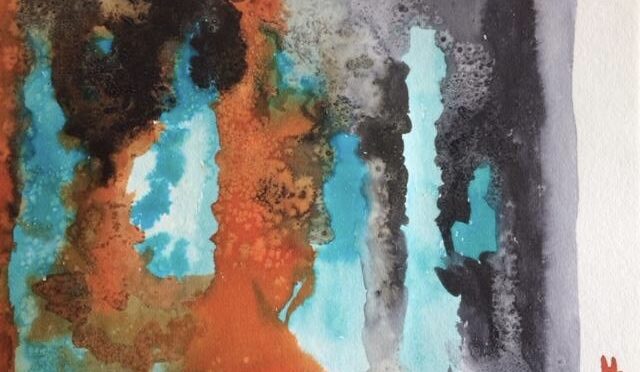Research in this area aims at further developing understandings of displacements that impact people, knowledge and practices by exploring the ways they are transformed as they pass through space and time. The term ‘displacement’ covers the whole scope of mobilities, flows and circulations related to people, material and cultural goods and ideas. Displacement entails renegotiating and reshaping the content it affects. Indeed, it involves crossing borders, whether symbolic or concrete, where interactions, exchanges, contacts and frictions can occur.
Therefore, “dépaysement” and “discrepancy” seem to be the key notions for the analysis of this phenomenon. Dépaysement, which in English literally means ‘change of landscape’, is understood as both a move elsewhere and as an intellectual approach. It implies a survey of adaptations, cultural translations and analysis of contexts of reception.
The discrepancies inherent to the different forms of displacements shall be explored through their diverse and intersecting chronologies as well as with respect to the modifications of the contents themselves. To take an example from the history of ideas, the term ‘naturalism’ refers to different meanings in France and in Central Europe, and it cannot be grasped without examining the work done on it.
The focus of this research theme is interdisciplinary, including philosophy, anthropology, economy, geography, political science, sociology, history, history of literature and sciences, art history and musicology.
Potential research topics may include:
- Displacements of persons: travels, migratory flows and tourism, professional trajectories, commuter displacements, wanderings, and so forth.
- Circulations of intellectual and cultural practices: written, cultural and/or economic goods, scientific concepts and so forth.
- Networks: institutional, commercial networks, sociabilities (such as learned societies, artistic networks, diasporas, and so forth).
- Reception contexts and the discrepancies in social representations that impact various modes of appropriations, translations and adaptations.
Research projects whose object is located in Central Europe, connected to this area and other areas or in comparison with other “cultural areas”, will be prioritised.
Image ©️ Nadège Ragaru

